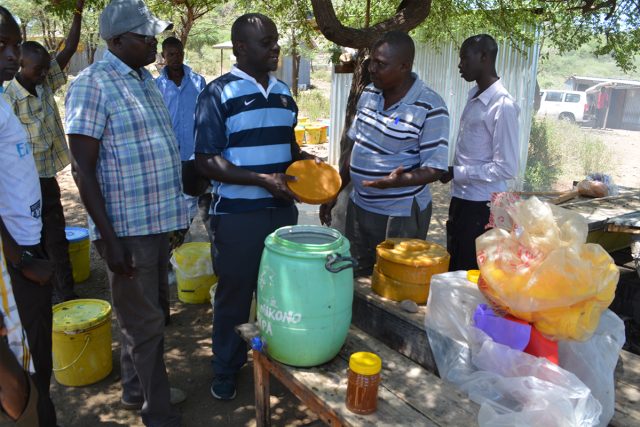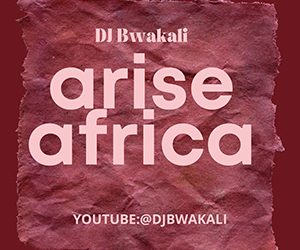I want to tell you a story about Africa’s money, but not the kind of money that Africans count in markets or stash in mobile wallets. This story is about the money that slips offshore, the money siphoned up by America’s most powerful corporations. It is about how Africa has quietly become one of the most profitable theaters for U.S. business. This is not a tale of aid or charity. It is a tale of oil rigs, soda bottles, and the iron grip of global capitalism.
Let us begin with oil. Chevron’s footprint across Africa is colossal. Nigeria, Angola, and Equatorial Guinea have become familiar terrain for its executives. In 2023, Chevron paid about $6.25 billion in taxes and royalties to these three African states, which was nearly triple what it paid to the United States government. More money flowed to African treasuries than to Washington. More than half of Chevron’s global earnings, roughly $108 billion last year, came from its international operations that include Africa. For Chevron, Africa is not a frontier. It is a gold mine. Oil has been described as Africa’s curse, yet for Chevron it has been a steady blessing.
But oil is not the only American hustle on this continent. If you are in Nairobi, Lagos, or Cape Town, that bottle in your hand with the red label and icy fizz is likely Coca-Cola. The company does not just sell soda. It sells thirst itself. Through Coca-Cola Beverages Africa, the U.S. giant controls 40 percent of all Coke consumed across the continent. That business alone is worth $3 billion each year. Coke does not simply move drinks. It moves culture. From roadside kiosks to modern malls, Coca-Cola has painted Africa in red and white, branding every celebration and every meal with its corporate smile.
PepsiCo is quieter but still powerful. Africa is grouped inside its AMESA division—Africa, Middle East, South Asia—a region that brought in nearly 7 percent of PepsiCo’s global revenue last year. That is more than $6 billion. Whether it is Lays chips in Johannesburg, Quaker oats in Nairobi, or Pepsi bottles in Lagos, PepsiCo is carving a firm position in African markets.
Other giants operate behind the curtain. ExxonMobil drills oil in Angola, Nigeria, and Chad. Cargill buys and moves cocoa in Ghana and Ivory Coast, and grain in Zambia. It trades in animal feed in Kenya and across other countries. These corporations rarely disclose detailed African figures, but their influence runs through global supply chains. When you eat a bar of chocolate, there is a good chance the cocoa once passed through Cargill’s books.
The critical question is: who really wins? African governments collect billions in taxes and royalties. Jobs are created and products flow across markets. But the larger picture shows a profound imbalance. Africa supplies the resources and the markets. American corporations extract the bulk of the profits. Chevron’s example is clear. African states receive billions, but Chevron’s shareholders walk away with tens of billions. Oil is exported, dividends fly to the West, and many African communities still struggle with poverty and power shortages. Coca-Cola earns $3 billion annually from bottling thirst, yet African ownership of bottling plants remains minimal.
This is not an anti-American rant. It is a reality check. France once had Françafrique. Britain once had its Commonwealth chains. America now operates through its corporate web. Soldiers have been replaced by multinationals. Colonies have been replaced by markets. Yet the power dynamic remains the same. Africa provides the oil, the minerals, and the consumers. America captures most of the profit.
To understand today’s African politics, you must look beyond the ballot box. The balance sheets reveal a deeper truth. When Chevron pays more to Nigeria than to Washington, you see where the real battleground lies. When Coca-Cola earns billions from bottling Africa’s thirst, you understand who owns the cultural narrative. When PepsiCo quietly scoops billions, you realize that Africa is not marginal but central.
Africa is not poor. Africa is profitable. For Chevron. For Coca-Cola. For PepsiCo. For Exxon. For Cargill. The tragedy is that Africa is not nearly as profitable for its own people. Until African governments, businesses, and communities capture the commanding heights of oil, beverages, and cocoa, the continent will keep fueling foreign empires while struggling to build its own.
That is the billion-dollar hustle.

























